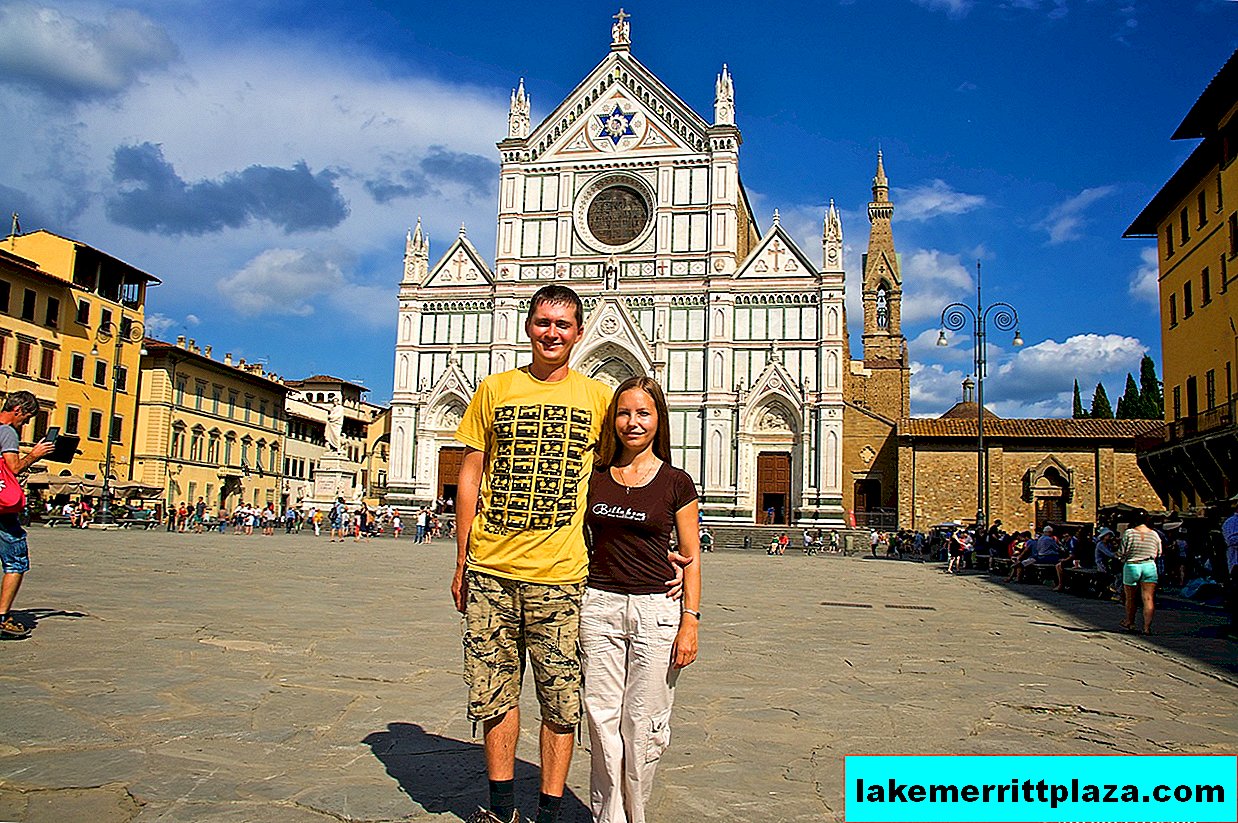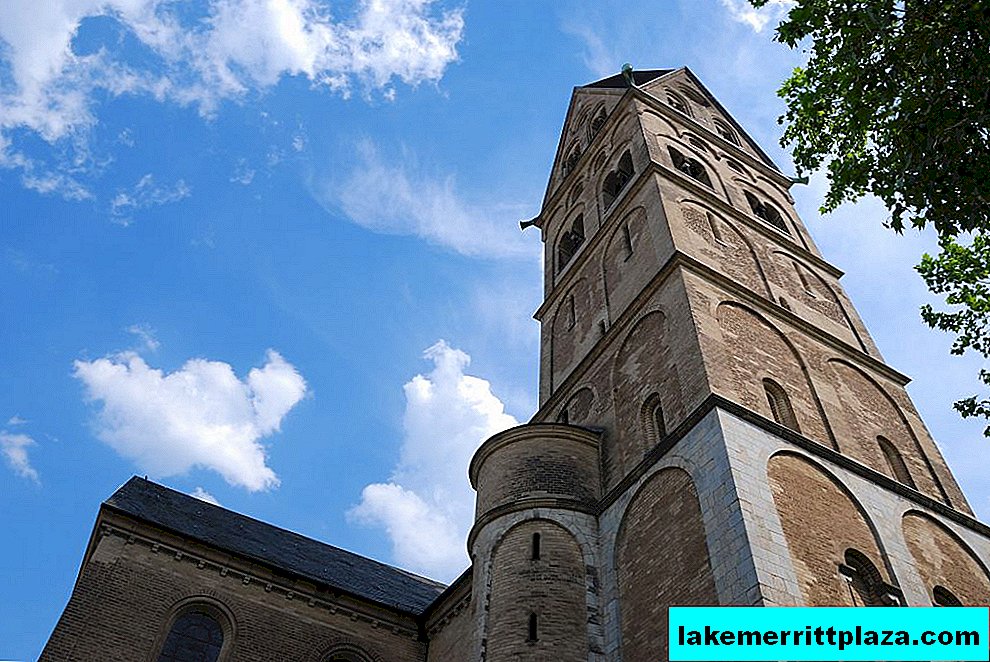In the fall of 2014, when I was in Venice, I met Katya, a guide, who managed to show me a seemingly long-familiar city from a completely new angle. Then BlogoItaliano wrote a separate article about it, and a little later we talked about the most interesting excursions, which are most popular among tourists. But a couple of days ago, Katya wrote to me again: with the onset of the warm season, she saw a new trend - travelers were very interested in gastronomic tours.
Maybe due to seasonality, or maybe due to some other reasons, but in autumn and winter, tourists were more interested in Venice itself - its sights, palaces, canals. With the advent of spring, the situation began to change. According to Katie, to her frequent requests for gastronomic tours.
In her arsenal there was a guided tour with tasting before, but when every second tourist began to take an interest in the gastronomic component, it became clear that old practices could not be avoided. Thus, in April, Katya conducted a full audit of her tours and offered as many as 3 new products. Having tested them at the end of spring, she was convinced that the newcomers were received with a bang, and asked me to post their description on the site. Of course, old programs also do not lose relevance
Prosecco in Venice
This walk along the canals of Venice can be called a tasting only partially: it combines the advantages of a sightseeing and gastronomic excursion and, for sure, will appeal to couples who want to spend time not only interesting, but also romantic.
The program takes place on a boat: we will travel around the most interesting canals of Venice, see its magnificent palaces, get acquainted with legends and traditions. Everything is like on a regular excursion, but with one important difference: we will try some of the traditions, as they say, directly on ourselves.

Walk along the canals of Venice
Our trip will be accompanied by a tasting of dishes without which Venice is unthinkable: oysters, tender shrimps (scampi) and, of course, scallops - the freshest seafood. Well, what kind of seafood without the traditional Prosecco wine?
Duration of the program: 2 hours with a possible extension
Wine tour of the hills of Valdobbiadene
This tour-tasting immerses travelers in the history and traditions of the most famous wine of the Veneto region - Prosecco. We will visit 2 wineries where we get to know their owners and learn from them all the details and secrets of the production process. A fascinating story will be accompanied by a tasting of various types of Prosecco, after which, if desired, you can purchase your favorite drinks.
After tasting the aperitif and listening to the glorious history of local wines, we will head higher up the hills. Traveling along winding roads, we will see the famous Veneto vineyards and visit a typical restaurant on the top of the slopes, where we will rest and dine in the company of local residents.

The famous vineyards of Veneto
After a traditional lunch, we will continue our journey. Traveling between the slopes, we will drive through a medieval castle that once belonged to the famous aristocratic family and admire the picturesque surroundings from the heights of the hills. Having gained impressions, having learned the gastronomic and wine traditions of the region, we will move back along the vineyards you already know.
Grappa City Tour - Bassano del Grappa
Nothing contributes to understanding the reasons for deep, mutual sympathy between us and Italians, as gastronomy. Yes, oddly enough this sounds at first glance, it is gastronomic traditions that bring our peoples closer together than art, culture and history.
And the thing is that we have a lot in common with Italians: both we and they are people who really like to gather at the table in large companies, and enjoy refreshments and socialize. And there is one ancient drink, without which it is difficult to imagine an Italian feast, and which they make no worse than us - grappa from grapes. Or, calling a spade a spade, moonshine.

Grappa City - Bassano del Grappa
So, going to Bassano del Grappa, we will not just visit the picturesque Italian outback. We will make a real immersion in the history and traditions of grappa production, taste it and visit the museum of the drink. Well, besides this, we will see the charming town of the Veneto region, taste the dishes of local cuisine and learn a lot about the customs in this secluded corner of Italy untouched by tourists.
How to order a tour
BlogoItaliano already wrote earlier about Kat and her programs. Links to other articles about her can be found at the beginning of this material, and therefore try not to repeat.
Katya can be contacted by email protected or via the feedback form under this article. She checks mail every day and, as a rule, answers very quickly.
However, when planning a trip, I would recommend contacting her in advance, and not at the last moment. There are a lot of travelers in Venice, regardless of the season, and therefore many dates can be occupied by more efficient tourists a few months in advance.
Mail for Katya:
Photos by: Maurice, Tambako The Jaguar, fedewild, Davide Deriu.








